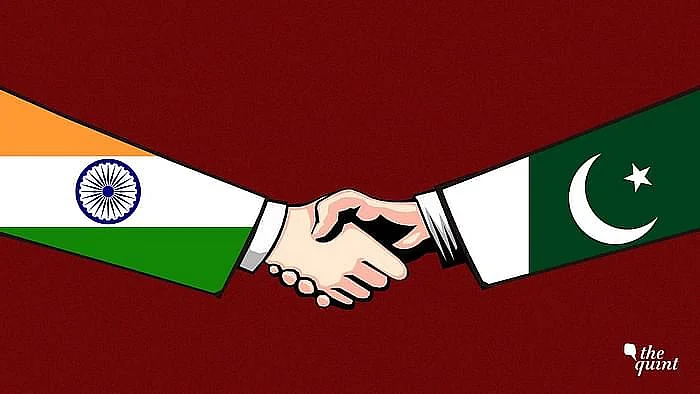Indus Waters Meet With Pakistan Held in ‘Cordial Manner’: India
“Both Commissioners reaffirmed their commitment to interact more frequently in an attempt to resolve the issues.”

advertisement
The annual meeting of the Permanent Indus Commission (PIC), including the Indus commissioners of India and Pakistan, was held in a "cordial manner" on 23 and 24 March in Delhi, India's Ministry of External Affairs (MEA) said in a statement on Wednesday.
"Both the Commissioners reaffirmed their commitment to interact more frequently in an attempt to resolve the issues by bilateral discussion under the (Indus Waters) Treaty. It was agreed to hold the next meeting of the PIC in Pakistan on mutually convenient dates," the MEA said.
What Were the Discussions On?
According to the statement, the discussions were on the designs of two Indian hydel projects – Pakal Dul and Lower Kalnai – with the Indian side asserting that they are "fully compliant" with the provisions of the Indus Waters Treaty, and providing technical data to back its stand.
The Context
The two-day meet of the Permanent Indus Commission was held after a gap of more than two-and-a-half years – with the India-Pakistan tensions peaking in early 2019 following the Pulwama terror attack.
"Under the provisions of the Indus Waters Treaty, signed between India and Pakistan in 1960, the two Commissioners are required to meet at least once every year, alternately in India and Pakistan. The meeting could not be held last year due to restrictions induced by the prevailing COVID-19 pandemic situation," the MEA said in its statement on Wednesday.
The Indian delegation for this year was led by Commissioner Pradeep Kumar Saxena, while the Pakistani side was led by Syed Muhammad Meher Ali Shah.
The meet came less than a month after India and Pakistan agreed to “strict observance of all agreements, understanding and ceasefire along the Line of Control and all other sectors.”
What's the Indus Waters Treaty?
As per the the Indus Waters Treaty, all the water from the eastern rivers – Sutlej, Beas, and the Ravi – amounting to around 33 million acre feet (MAF) annually – is for India to use.
Water from western rivers (Indus, Jhelum, and Chenab), amounting to around 135 MAF annually, largely goes to Pakistan.
Under the treaty, India has the right to generate hydroelectricity through a run of the river projects while Pakistan has the right to raise concerns on the design of the former’s hydroelectric projects on western rivers.
(At The Quint, we question everything. Play an active role in shaping our journalism by becoming a member today.)